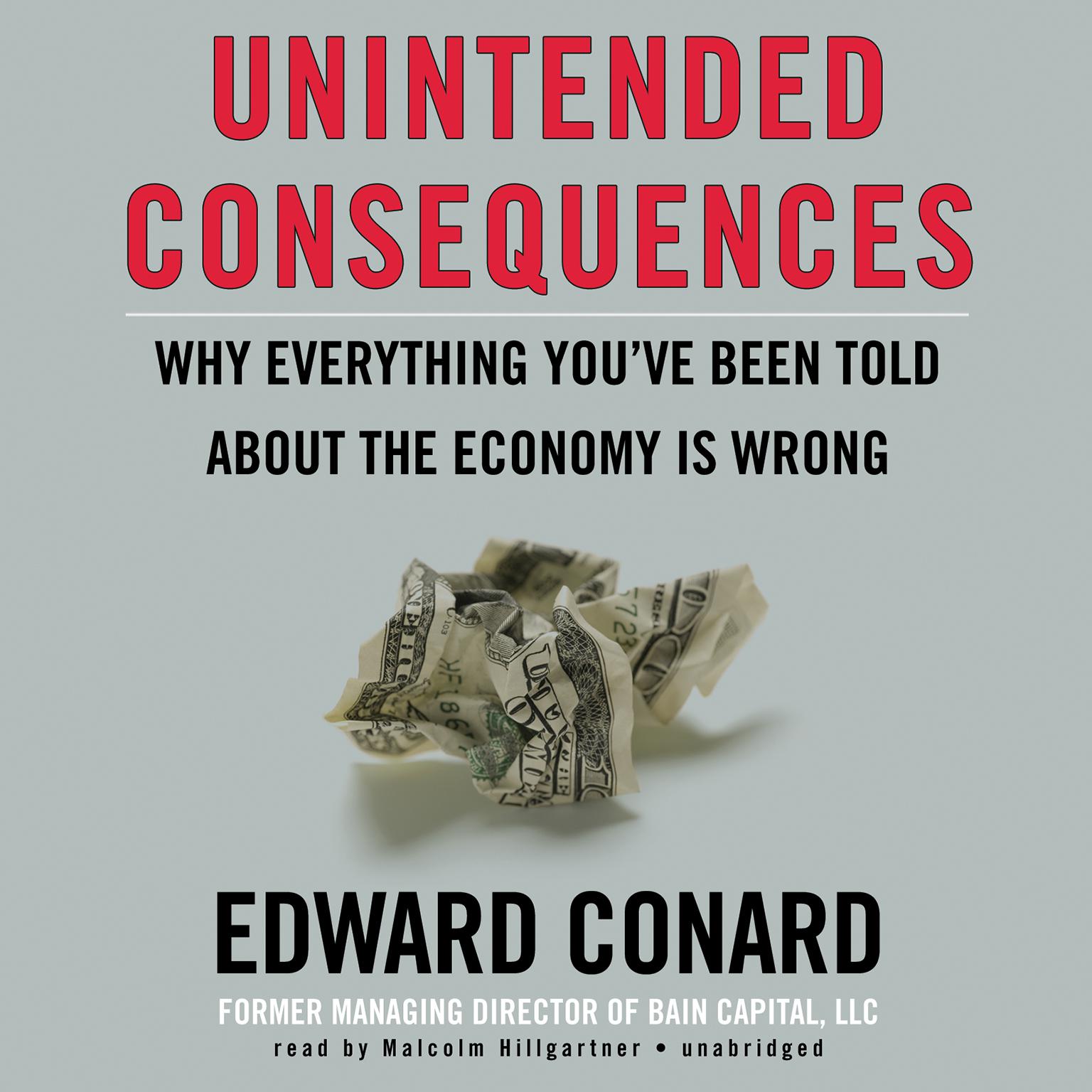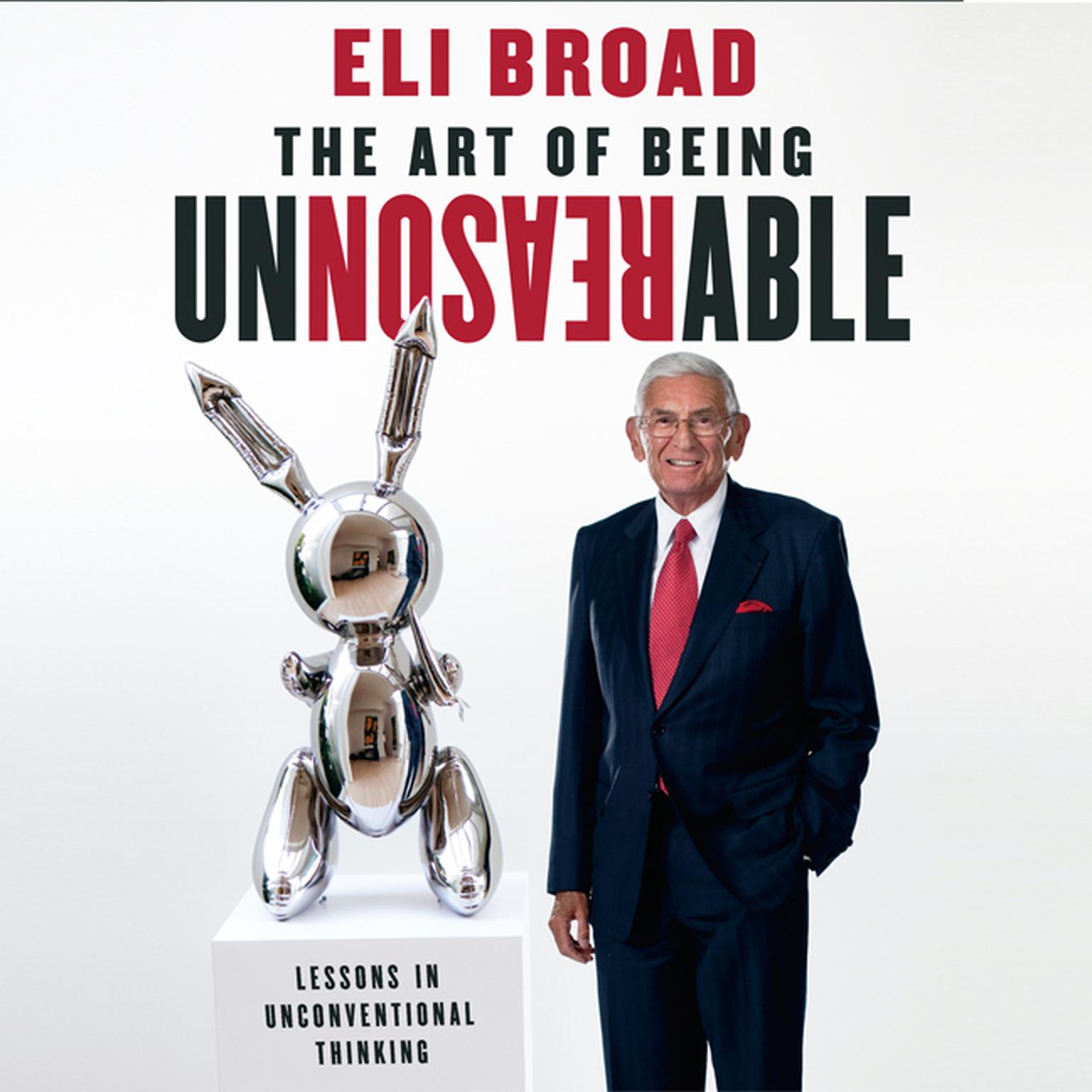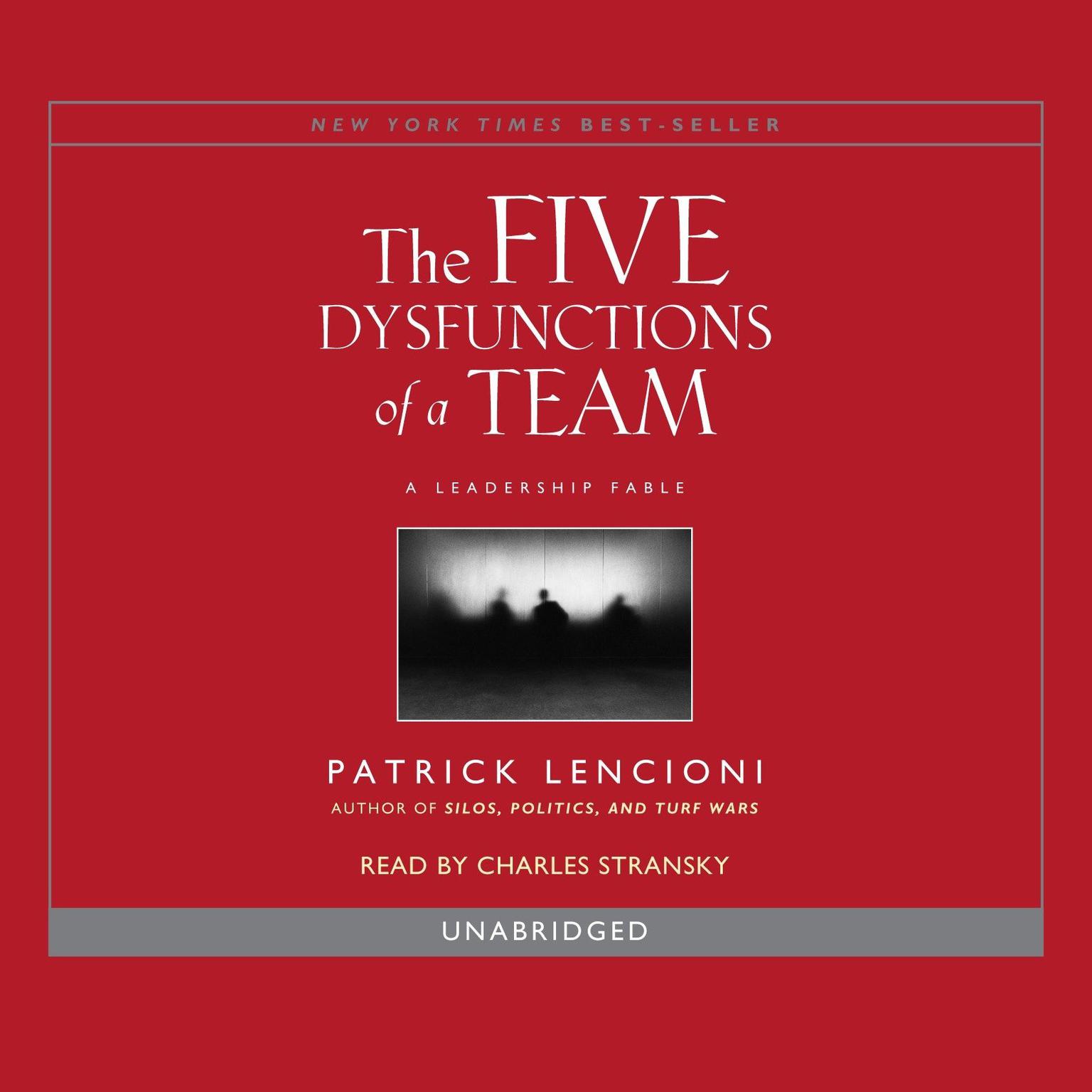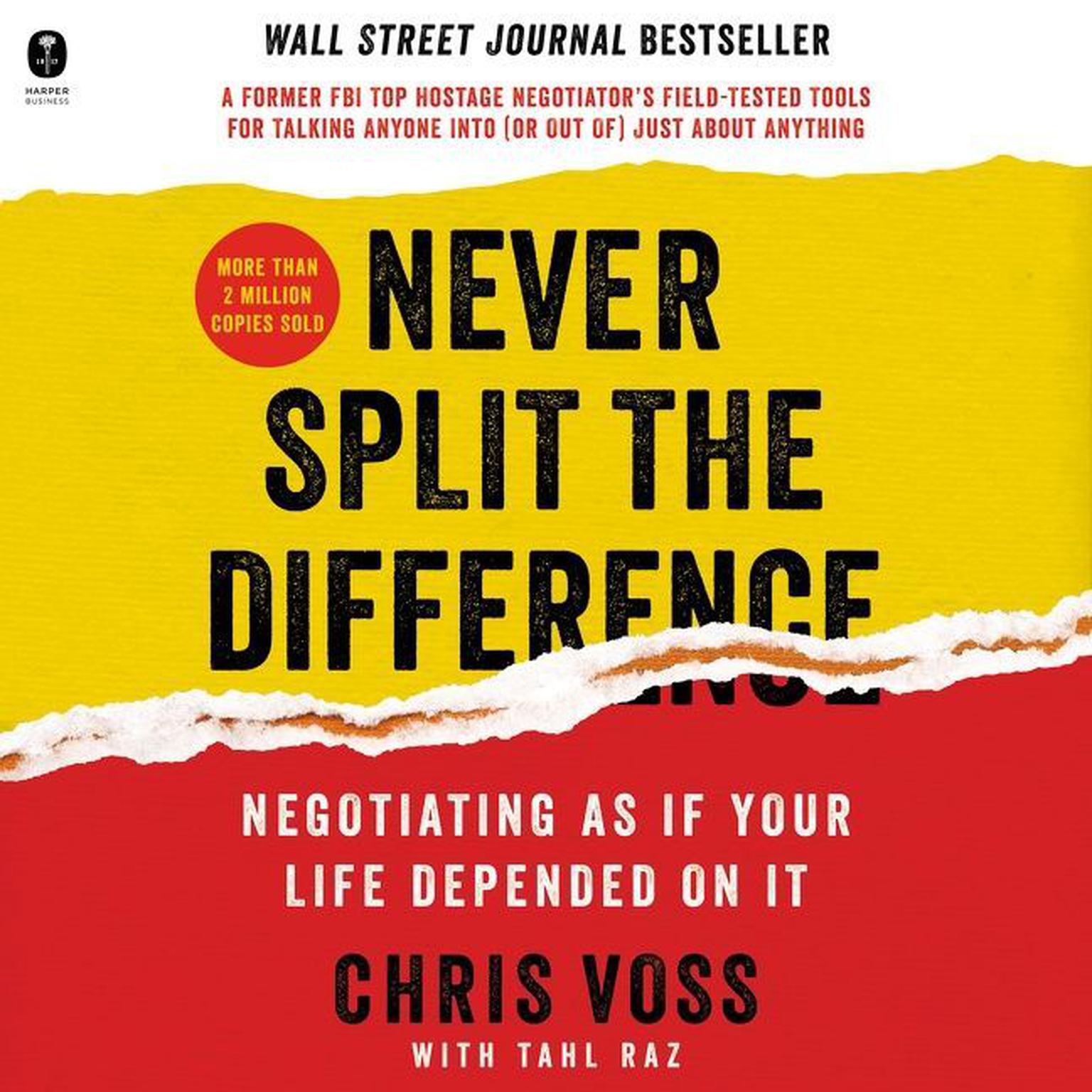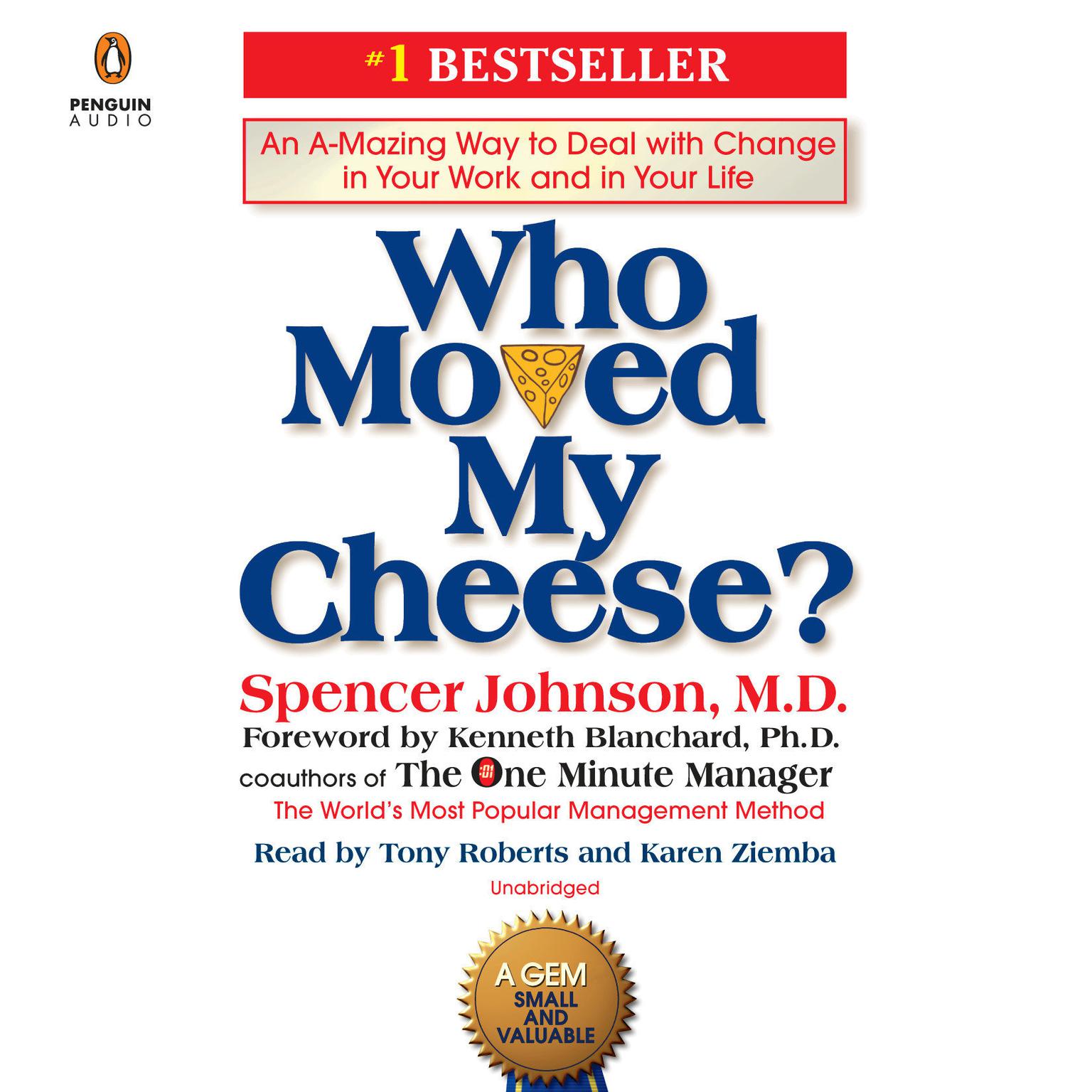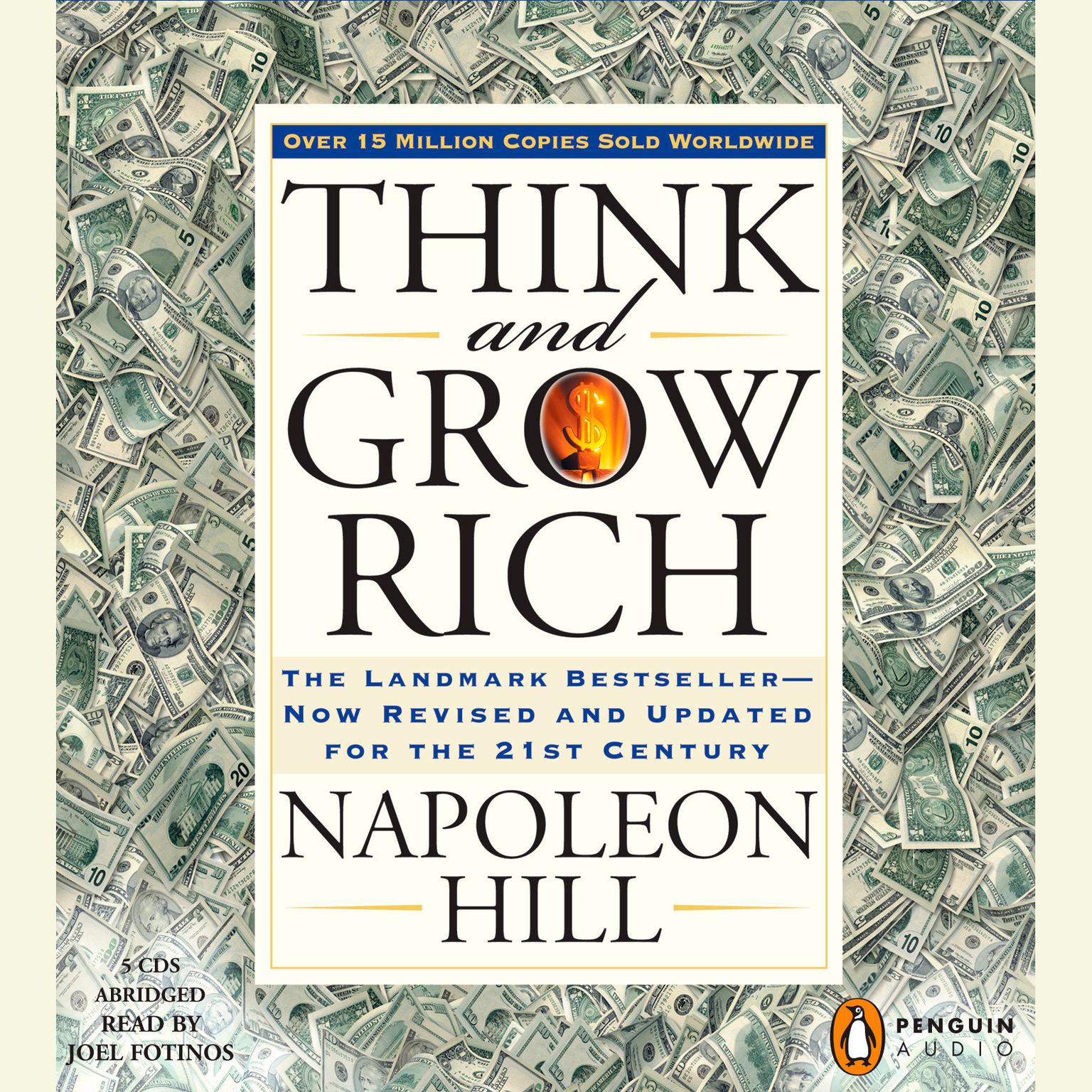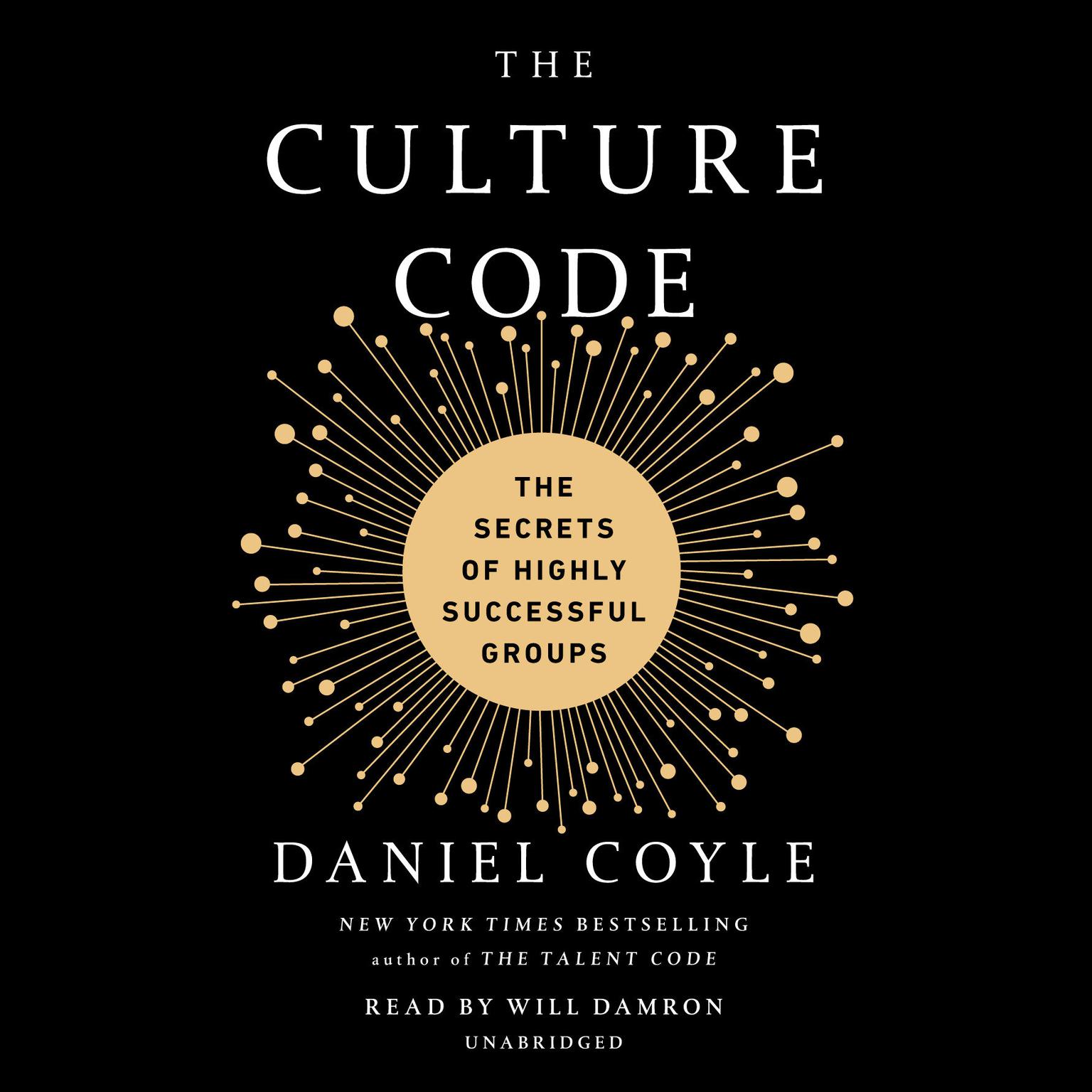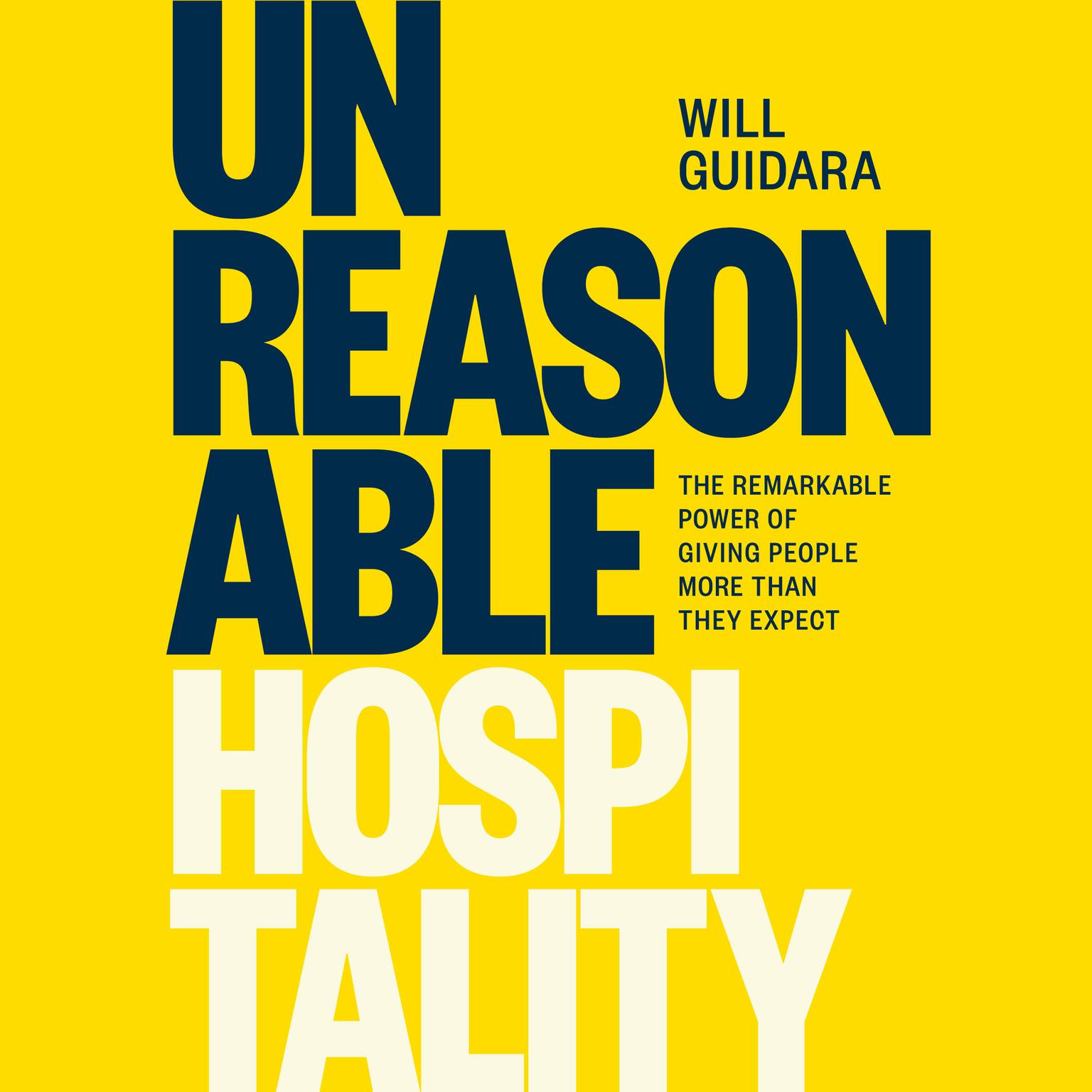Publisher Description
The top 1 percent of Americans control 40 percent of the nation’s wealth. And, as Joseph E. Stiglitz explains, while those at the top enjoy the best health care, education, and benefits of wealth, they fail to realize that “their fate is bound up with how the other 99 percent live.”
Stiglitz draws on his deep understanding of economics to show that growing inequality is not inevitable: moneyed interests compound their wealth by stifling true, dynamic capitalism. They have made America the most unequal advanced industrial country while crippling growth, trampling on the rule of law, and undermining democracy. The result: a divided society that cannot tackle its most pressing problems. With characteristic insight, Stiglitz examines our current state, then teases out its implications for democracy, for monetary and budgetary policy, and for globalization. He closes with a plan for a more just and prosperous future.
Download and start listening now!
“The Price of Inequality sat on my currently read shelf for a solid month or so. This was not an accident people! The book was like my first period economic class all over again (the one I mostly slept through); highly revenant to our modern lives but hard to understand. When reading this book I often experienced the deer in the headlights/ whooshing sound above my head; I just didn’t get it. Economics has always been hard for me to grasp, it is full of could bees, would bees, and maybes. Economists speak their own language and that sounds like a bunch of jargon to me (I had to read each page several times). However, that is the point of this book, we (the average american citizen) is being taken advantage of, in what I would like to call the greatest ponzi scheme ever realized. Joseph E. Stiglitz tries to explain, or defend the Occupy movement. Stiglitz states that inequality is increasing at an alarming rate, one that we should be concerned about. He explains the origins of the global economic crisis of 2008 and spoilers: the 1% are finding loopholes and manipulating our tax system to work for them. I, the average american citizen, pay more in taxes, than lets say a person who makes money off his investments (someone who pays someone else to find money for them while they sit there and watch the money come in). I had to put the book down several times because I was just so angry at the unfairness of our country. I mean come on! We are AMERICANS people! We said no taxation without representation, then boarded those British ships and dumped out all their tea! Why are we not taking to the streets? Why are we not demanding that our taxes work to benefit us like investment in our public schools and infrastructure? What ever happened to “I am mad as hell and I am not gonna take it anymore?!?” (Ok I know that was a movie quote, but its a really damn good one.) Anyway, this was a good book and it is worth the countless days it took me to read it. I feel smarter now.”
—
Barbara (5 out of 5 stars)

